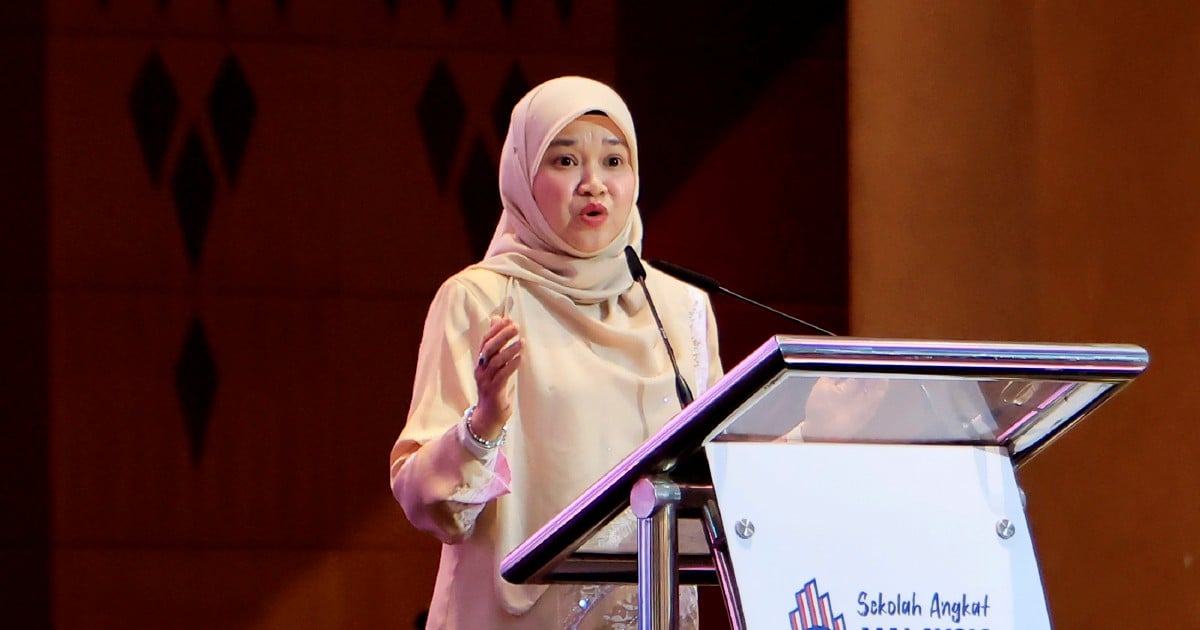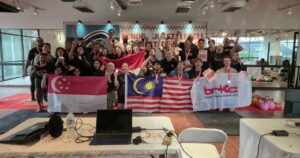PUTRAJAYA: The Education Ministry is actively working to ensure that access to education reaches every student, particularly those in rural and remote areas, said its minister Fadhlina Sidek.
In her keynote address at the launch of the Sekolah Angkat Madani initiative today, Fadhlina said the effort should not be viewed solely from the perspective of infrastructure provision, but must instead take into account educational needs in a holistic manner.
She also said that the ministry recognises the significant challenges many children face at home, including food insecurity, which makes the role of schools even more crucial in shaping their futures.
“There are children who return home without the certainty of having a proper meal.
“These are the realities we face, and they remind us that schools must not only be seen in terms of infrastructure, but also as holistic spaces for the development of our children,” she said.
Present at the launch of the initiative were Prime Minister Datuk Seri Anwar Ibrahim and the Chief Secretary to the Government Tan Sri Shamsul Azri Abu Bakar.
Fadhlina added that the ministry is exploring various innovative approaches, including the implementation of floating schools, specifically to provide access to education for children in areas such as Tasik Banding, Perak.
She also said that some students in these areas are unable to attend school due to geographical challenges and the high cost of transportation.
As such, she said the ministry’s priority remains bridging the education gap, ensuring that no child is left behind, regardless of geographical or socioeconomic barriers.
“The cost of getting to school can reach up to RM30 a day for a single student.
“This situation places a heavy burden on families and causes some children to drop out. If they are unable to come to school, then we must bring the school to them,” she said.
Fadhlina added that the initiative is part of the ministry’s new approach to ensuring more inclusive access to education that reflects the actual needs of local communities.
“We are identifying the best model and require the support of all parties to ensure the programme can be implemented effectively,” she said.
She also said education should be seen as more than just physical infrastructure and should be regarded as a comprehensive support system for student development, encompassing welfare, character building and personal growth.
“We are not just building schools. We are building the future of these children, and that is what truly matters,” she said.
© New Straits Times Press (M) Bhd






